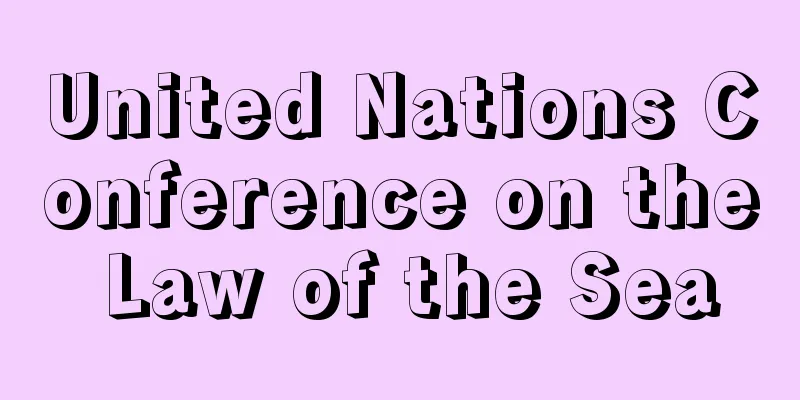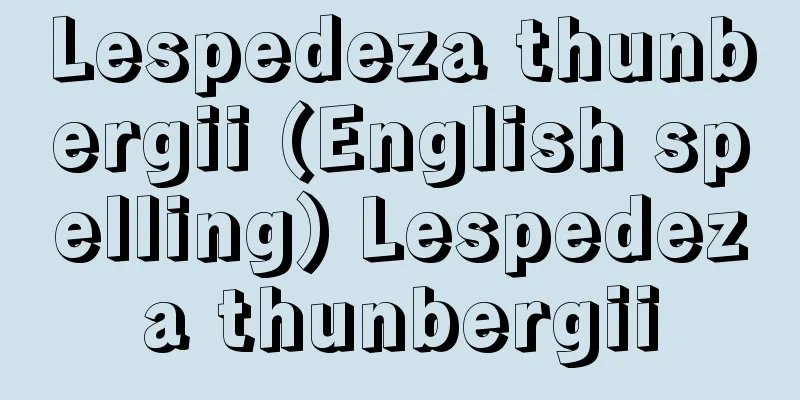United Nations Conference on the Law of the Sea

|
In 1967, Arvid Pardo, the Maltese ambassador to the United Nations, expressed concern over the monopoly of resource development by a few developed countries, referring to manganese nodules on the seafloor, which were beginning to attract attention at the time, in a speech at the United Nations in which he said, "The deep seabed and its resources should be considered the common heritage of all mankind," and in 1970 this message was adopted as a UN resolution. In response to this, there was a movement to reconsider international law regarding the seas, and in 1973, the third United Nations Conference on the Law of the Sea (UNCLOS) was held with the aim of establishing a new maritime order regarding territorial waters, continental shelves, economic zones, and deep seabed resources, and long-term discussions began. During this time, the fishing industry and the development of offshore oil and gas became active in many countries, and, reflecting the discussions at the United Nations Conference on the Law of the Sea, there was a growing trend to assert jurisdiction over resources within 200 nautical miles of each country's coast. Even before the conclusion of the Conference on the Law of the Sea, many countries enacted domestic laws establishing exclusive fishing zones within 200 nautical miles of their coasts. *Some of the terms used in the "United Nations Conference on the Law of the Sea" are explained below. Source | Heibonsha World Encyclopedia 2nd Edition | Information |
|
… 1967年,マルタの国連大使パルドArvid Pardoが当時注目されはじめていた海底のマンガン団塊を指して,一部の先進国によってこの種の資源開発が独占されることを憂い,〈深海底とその資源はすべての人類にとって共有の遺産と考えるべきである〉旨の演説を国連で行い,70年にはこの主旨が国連の決議として採択されるに至った。これらを受けて海洋をめぐる国際法を見直す気運が生じ,73年には領海,大陸棚,経済水域,深海底資源などについて新しい海洋の秩序の樹立を目指して第3次の国連海洋法会議(UNCLOS,United Nations Conference on the Law of the Sea)が開かれ,長期にわたる討議が始まった。この間,各国において水産業ならびに海底石油・ガスの開発が活発に行われるようになり,国連の海洋法会議における討論を反映して自国の沿岸200カイリ水域における資源に対する管轄権を主張する気運が長じ,海洋法会議の結末をまたずして,それぞれ自国周辺沿岸200カイリの漁業専管水域設定の国内法を制定する国が相次いだ。… ※「United Nations Conference on the Law of the Sea」について言及している用語解説の一部を掲載しています。 出典|株式会社平凡社世界大百科事典 第2版について | 情報 |
<<: United Nations Economic and Social Commission for Asia and the Pacific
>>: United Nations Conference on Trade and Development
Recommend
Biwahagoromo (Biwa feather robe) - Biwahagoromo
A general term for insects in the Hemiptera order,...
Kaarta
…In particular, Timbuktu, which was founded in th...
Konrad Ekhof
German actor. Born in Hamburg. He made his debut ...
Bamboo paper
Many Japanese dictionaries explain it as "th...
Perfectly plastic collision
…Generally, the degree of repulsion is expressed ...
King, Cecil
…On the other hand, the achievements of modern sc...
Kurkihar
…Most of the stone carvings are made of black bas...
Aquilegia longissima - Aquilegia longissima
...Because interspecific hybridization is easy wi...
Opel, F.von (English spelling) OpelFvon
...In other words, unlike jet planes, rocket plan...
Istanbul - Istanbul (English spelling)
Turkey's largest city, located in northwest T...
Fan-zhen; Fan-chên
A local governing system with the Jiedushi as the ...
Royal Philippine Company - Real Compañía de Filipinas
A trading company established in 1785 by Basco, th...
sudor
… Sweat represented labor and hard work. The Gree...
Nagata Kinshin
Founder of the Satsuma Biwa Kinshin-ryu. His real...
Haeju - Kaishu
A town in the Yanhu District of Yuncheng City, so...









